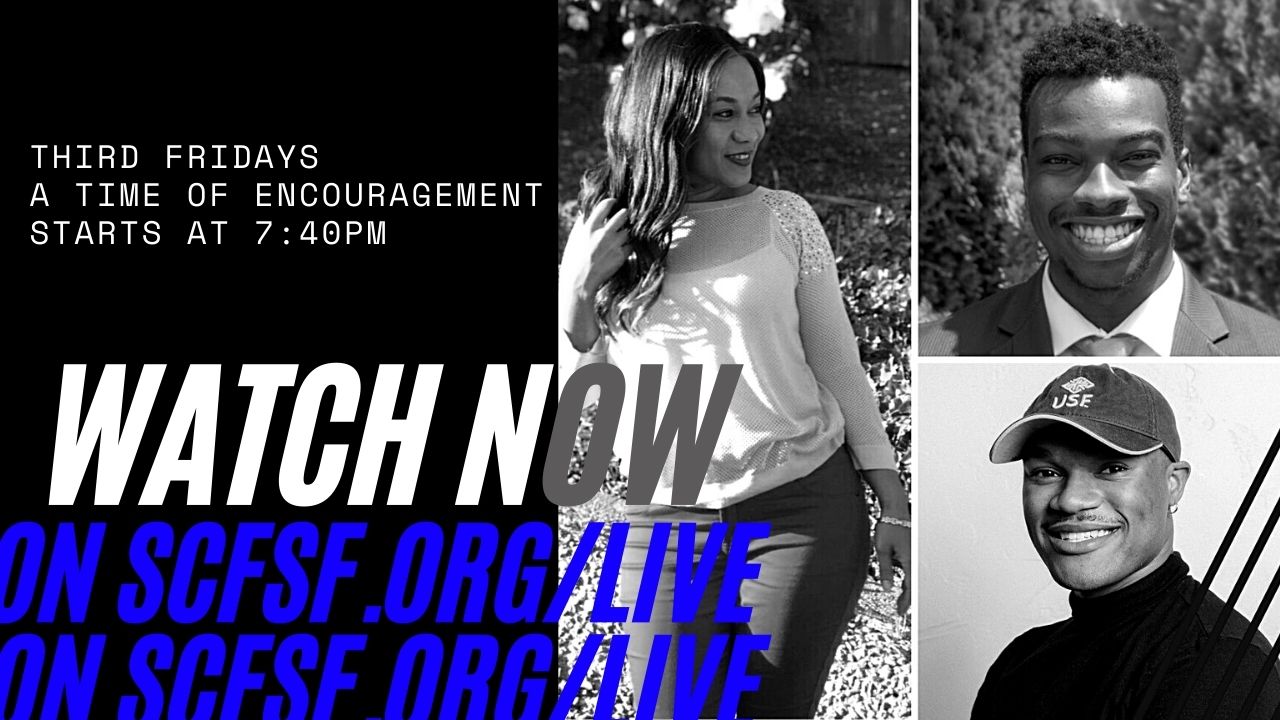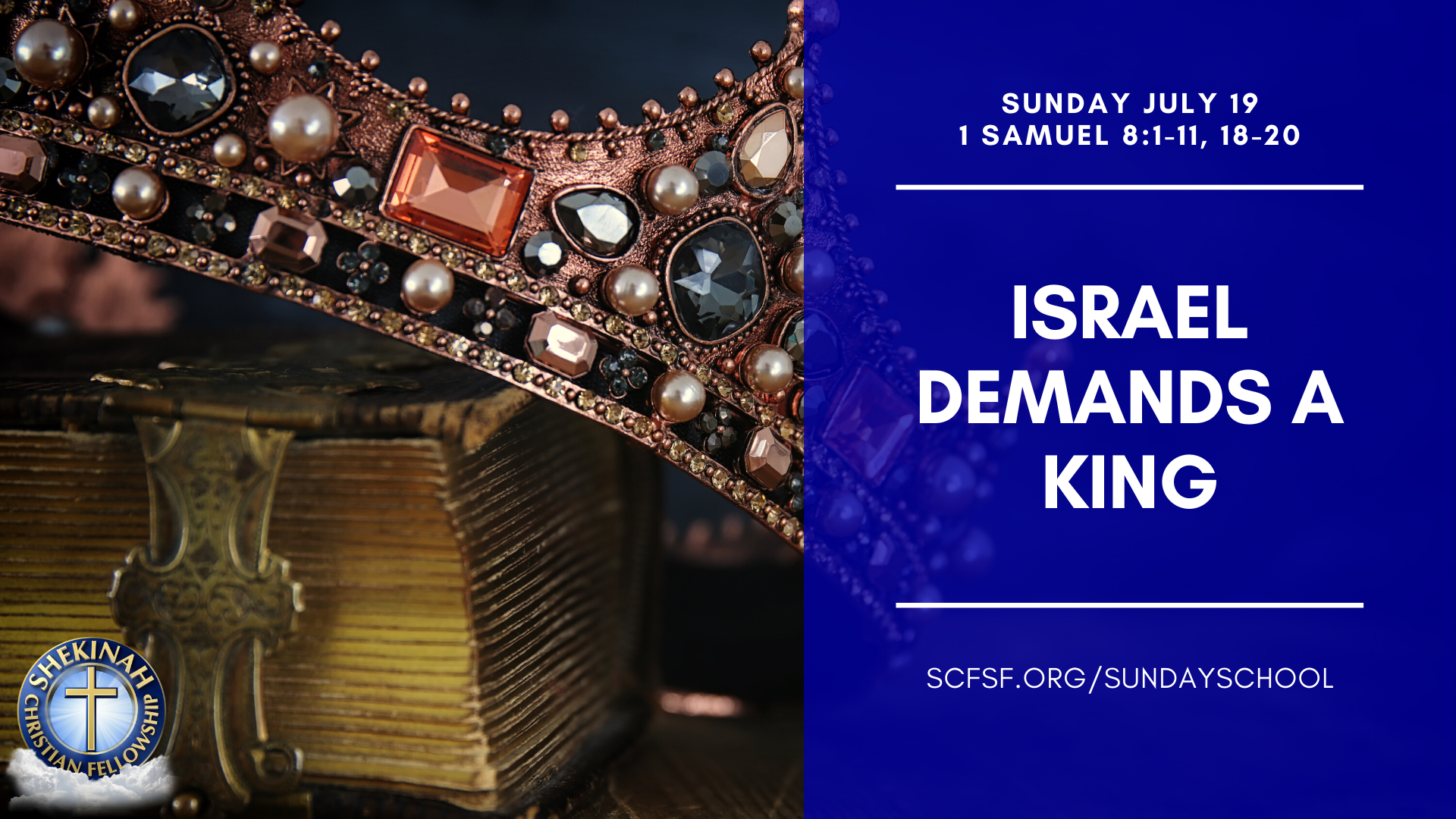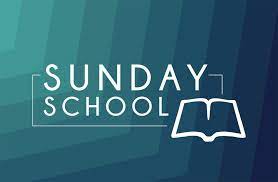SCRITURE BY PAMELA JONES
Scripture Lesson Text: Exodus 12:1-14
Related Scriptures: Joshua 5:8-12; 2 Kings 23:1-3,21-23; Ezra 6:19-22; Luke 22:7-16
Exodus 12:1-14 is the main scripture of this story to “remember” how they got over, so to speak. The Israelites were to follow the script that God has laid out for them, from the unblemished lamb to the blood on the door posts. Verse 11 speaks of them eating it in haste, with their loins girded, shoes on their feet, and staff in their hand. They were preparing for the Lord’s Passover, which they were to remember for generations to come of what, and how God brought them out of the country of their misery.
In the related scriptures of Joshua 5:8-12; and II Kings 23:1-3, 21-23 we see that they have not forgotten the Passover when Joshua took over after Moses’ departure. Even generations later, when King Josiah was speaking to the whole congregation, he reminded them to remember the days of old: of where they came from, and how God brought them out from Egypt.
In Ezra 6: 19-22 and Luke 22:15-16, we find that there is the continued tribute of this meal, many, many generations later. We read the words of Jesus speaking to the disciples as they prepare to go eat and remember the Passover. “And he said unto them, with desire I have desired to eat this Passover with you before I suffer: For I say unto you, I will not any more eat thereof, until it be fulfilled in the kingdom of God.” They remembered!
SYNOPSIS BY JANICE HALL
Exodus 12:1-14
God gave the Israelites the Passover to signify their readiness for change. It represented a new beginning, a new life of trusting and following the Lord. The Lord explained the Feast of the Unleavened Bread or Passover, which would become a memorial to the Lord’s deliverance of Israel from bondage in Egypt. Passover taught the way to perfect the world is to begin with the family. God built the nation by asking the Jewish people to turn their houses into places of family worship.
The Israelites families were to offer an unblemished sacrifice, a goat or sheep, and to eat the meal while fully dressed, to prepare for traveling. Then they were to smear the blood of the animal on the lintels and doorposts of their houses. These instructions were detailed and specific and were to be obeyed. These instructions revealed their faith and obedience to God, and that God would protect his people from the death angel. God was preparing to send judgment throughout the land of Egypt.
The Passover meal continues to this day as a central festival for the Jewish tradition. Just as the Passover story defined the core meanings of the ritual meal of Passover, so the story of Jesus’ death and resurrection defines the core meanings of the Lord’s Supper. The Lord’s Supper is a powerful remembrance of the death of Jesus on the cross, as the defining event of Jesus’ ministry.
PRACTICAL APPLICATION BY RAUFU SPAGNOLETTA
Today’s lesson is the biblical account of Israel’s first Passover. “This month shall be unto you the beginning of months…” (Exodus 12:2a). For the Christian salvation is our new beginning; we are new creatures in Christ (2 Corinthians 5:17); we have been delivered from the power of darkness, and translated into the Kingdom of His dear Son (Colossians 1:13-14); we are now the people of God who have obtained mercy (1 Peter . 2:10).
God was preparing Israel for deliverance from Egyptian bondage. In an act of faith each household was summoned to submit to God’s instructions in full obedience ( Exodus 12:7, 13).
“And this shall be unto you for a memorial; and ye shall keep it a feast to the LORD throughout your generations; ye shall keep it a feast by an ordinance for ever” (Exodus 12:14). It has been said and proven that children learn what they live. If our children live in an environment where daily experiences with God are rehearsed and celebrated, they learn the nearness of God in everyday life.




